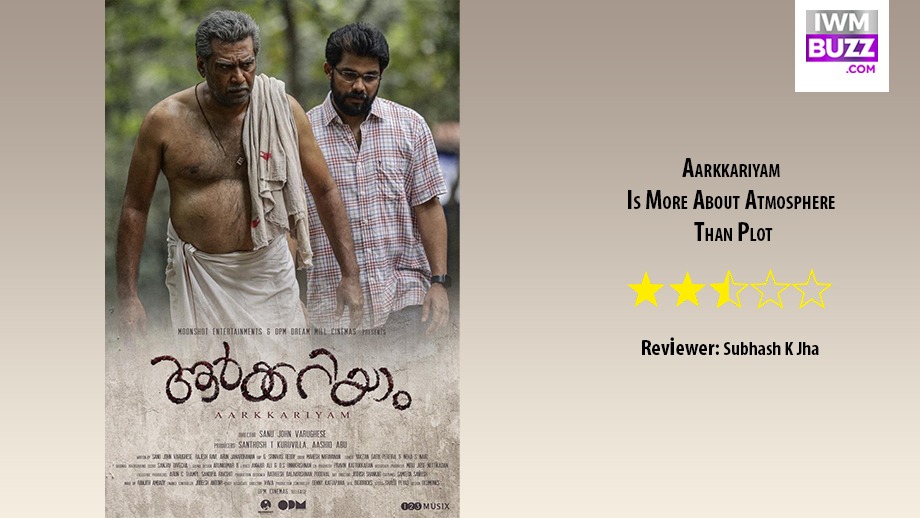Aarkkariyam(Malayalam, Amazon Prime)
Starring Biju Menon, Parvathy Thiruvothu, and Sharafudheen.
Directed by Sanu Varghese
Rating: ** ½
As a huge fan of Malayalam cinema , this one which comes to us accompanied by glowing reviews, disappointed me. It’s a Covid film, written in and around the pandemic. Which is not to say it gets it wrong. The situation and the crisis are effectively and unobtrusively knitted into the plot.
So what’s the problem? The problem is, the execution doesn’t go far enough. The director fails to probe deep enough into the central mystery. Instead Sanu Varghese tells us it’s okay to sin and not confess.That in fact, sometimes silence about a crime is beneficial to all .
All this comes much later , after we are made comfortable with the three central characters. There is the politically enlightened Parvathy Thiruvothu playing a non-agenda housewife.What a relief to see her play a character with no radical/reformative agenda. I have found Parvathy’s torchbearing characters hard to digest. For the first time in a long time she is what her character is. The actress doesn’t embellish Shirley with her own politics.As far as I am concerned the film gets my approval for steering Parvathy clean of her socio-political ideologies.
She plays a quietly supportive wife to her financially challenged husband Roy(Sharauddin). The couple drives down to Parvathy’s father Ittyavira(Biju Menon)’s ancestral estate with its crumbling house which Ittyavira agrees to sell to bail his son-in-law out of a financial crisis.
There is one catch, though. Suffice it to say the father-in-law has Roy by his balls. The plot which gains momentum as it progresses grows into a father-in-law/son-in-law story where son-in-law Roy has no choice but to keep a terrible secret that his father-in-law shares with him.
Much of the film’ dramatic tension emerges from the way the two actors Menon and Sharafuddin look at each other, or look away from each other, the way people do when sharing an uncomfortable secret. The camera captures those furtive glances with a concentrated energy.
The story is told without excessive drama. The background score is aptly minimalist while the three main performances are subdued and subliminal. Some of the supporting characters are also interesting. There is a Hindi-speaking couple and they are allowed to speak to the Malayali speaking protagonists in Hindi . Roy even hums a couple of Hindi film songs.
A refreshing change from the rigid mono-lingualism of Malayalam cinema where non-Malayalis speak their own languages only if they migrant labourers.


